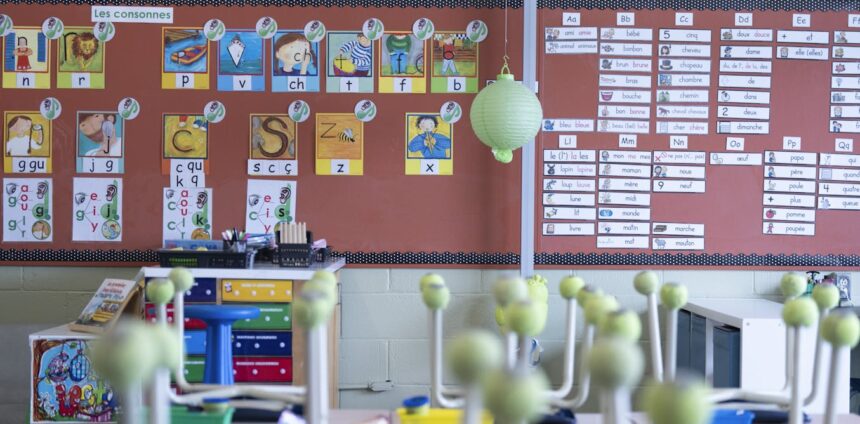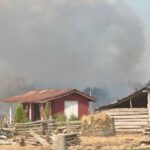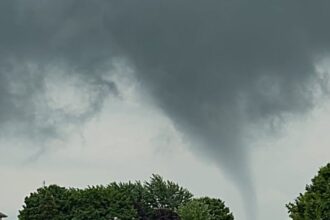In a striking revelation that should concern parents and educators alike, only four percent of Canadians believe our schools deserve top marks when it comes to climate change education. This dismal assessment comes from a comprehensive national survey that exposes significant gaps in how Canadian educational institutions are preparing students for what many consider the defining challenge of their generation.
The survey, conducted by researchers at the University of British Columbia and Lakehead University, collected responses from over 3,800 Canadians across the country. The findings paint a troubling picture of a disconnect between the growing urgency of climate action and the educational response in our classrooms.
“What we’re seeing is a fundamental mismatch between the scale of the climate crisis and how we’re equipping young people to understand and address it,” says Dr. Ellen Field, one of the lead researchers behind the study. “When 96 percent of respondents believe our schools aren’t delivering ‘A’ level climate education, we need to recognize this as a systemic failure.”
Perhaps most concerning is that teachers themselves reported significant barriers to effective climate education. Nearly 70 percent cited lack of training as a major obstacle, while 64 percent mentioned insufficient classroom resources. Meanwhile, 61 percent pointed to limited class time as another hurdle in providing adequate climate education.
The consequences of this educational gap extend beyond classroom walls. Young Canadians increasingly report climate anxiety and frustration at the lack of practical knowledge they’re receiving about an issue that will fundamentally shape their futures. As climate-related disasters intensify across Canada and globally, this knowledge deficit represents not just an educational failing but a potential public health concern.
“We’re raising a generation that understands the climate crisis exists but lacks the tools to meaningfully engage with it,” notes environmental education specialist Dr. Maya Richardson. “This creates a dangerous combination of awareness without agency.”
The findings come at a critical juncture in Canadian politics, with climate policy increasingly central to electoral platforms and public discourse. Several provinces have begun revising curricula to incorporate more climate content, but the survey suggests these efforts remain insufficient and inconsistently implemented.
From a business perspective, the implications are equally significant. As Canada transitions toward a greener economy, employers increasingly require workers with climate literacy and sustainability skills – precisely the knowledge base that our schools are currently failing to develop.
The researchers behind the survey have called for a coordinated national strategy on climate education, including mandatory teacher training, updated curricular resources, and cross-disciplinary approaches that integrate climate knowledge across subjects rather than isolating it to science classes.
“This isn’t about politics – it’s about preparing young people for the world they’re inheriting,” says Field. “Climate education should include understanding the science, yes, but also developing the social, emotional, and practical skills needed to navigate a changing world.”
As climate impacts accelerate and world leaders struggle to meet emissions targets, the question becomes increasingly urgent: can we afford to graduate another generation unprepared for the climate realities they’ll face, or will this survey serve as the wake-up call our education system desperately needs?






















